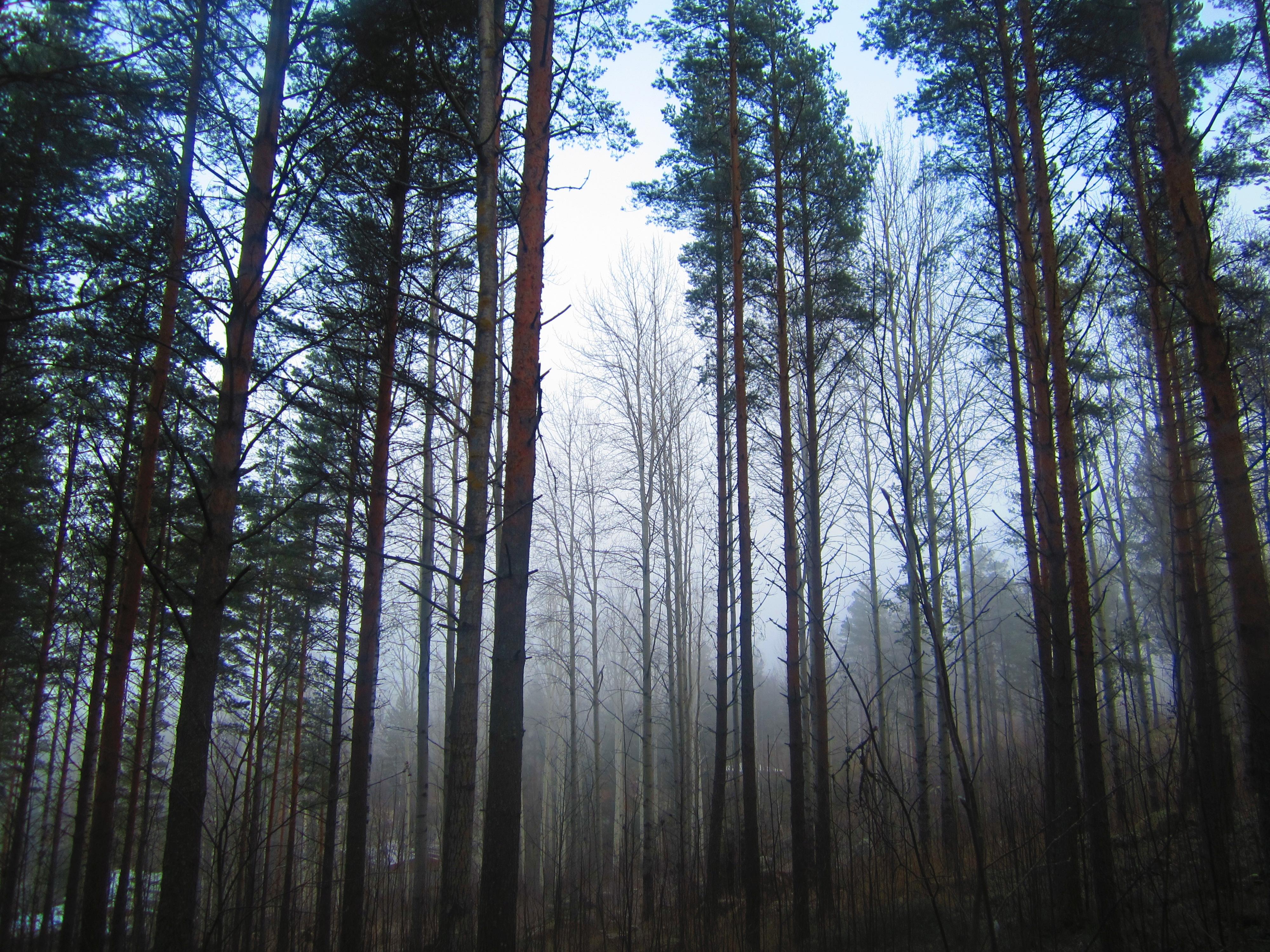In the South they ask, “Who’s your daddy?” In the North, “Where did you go to college?”
In Washington we ask this very real question, “Who’s advising him?” Washington believes in advisers, who are often the authors of big decisions made by others.
When George W. Bush was running for president the first time, I raised the question about his lack of knowledge in foreign policy. One of his staunch supporters countered, “He’ll have good advisers.”
Advisers come in all shapes and sizes in politics. A trusted aide may shape a senator’s understanding of an issue, and set the legislator on a path that later might be regretted but cannot be reversed. “Flip-flop” is a deadly accusation in public life.
When President Obama makes a decision, one wonders on whose advice? Who started the locomotive rolling down the track?
This week, one wonders who led Obama to endlessly delay a decision on the Keystone XL pipeline, which should have been a rather mundane issue until he was backed into vetoing a congressional effort to move the project forward?
There are 2.5 million miles of pipe buried in the ground in the U.S.,190,000 of which carry crude oil. The Keystone XL pipeline would have carried crude for 1,179 miles. It should have been a no-brainer for the State Department, which has jurisdiction because a foreign country, Canada, is involved. It is not hard to make a pipeline safe, and this one would be engineered as no other has.
But a core of dedicated environmentalists saw it as a wedge. Their target was not then and never has been the pipeline, but rather the Alberta oil sands project, where much of the oil would originate. By cutting off deliveries of the oil to the U.S. market, they hoped to wound the project and eventually close it down.
I am no fan of the oil sands – which used to be called “tar sands” – project. I think it is abusive of the earth. It involves massive surface mining and has so scarred the region that the great pit can be seen from space. It is also a contributor to air pollution because the sands have to be retorted with natural gas.
It is not a pretty business wringing the oil from the sands. However, not building the pipeline will not close down the oil sands project as environmentalists have hoped. Only low prices can do that.
The Canadians are angry. They feel betrayed by the White House and stigmatized by outside forces like the Natural Resources Defense Council (NRDC), which has been a relentless antagonist of the pipeline and the oil sands project.
The question is who persuaded Obama? In November 2011, Canada’s minister of natural resources, Joe Oliver, told me at an energy meeting in Houston that he had been told privately that the pipeline deal was done, and he was expecting Obama to sign off on a State Department decision in weeks.
But it did not happen. One or more people in the White House – Obama takes advice from a small circle of advisers in the White House rather than his cabinet secretaries — was able to sow doubt in the president’s mind about the pipeline.
The results: More oil moves by rail car which is resulting in accidents in Canada and the United States. An ally is offended, and there is bad blood that will affect other trade issues. Thousands of construction jobs in the Midwest are lost. Obama looks bad: the captive of a very small part of the constituency that elected him.
There is an echo here of the folly of the president in abandoning the Yucca Mountain nuclear waste repository. On the surface, Obama bowed to the wishes of Harry Reid, then Senate majority leader. It has been accepted by the nuclear industry as a cold, hard political gift to a vital ally.
But as time has gone on, the nuclear spent fuel has piled up at the nation’s power plants, as the cost of the abandonment has risen – it stands at $18 billion. One has to wonder whether one of Obama’s advisers, with an agenda of his or her own, did not whisper to the president, “Harry Reid is right.”
There are no winners on the pipeline issue, just as there were no winners on Yucca Mountain, except those who are celebrating in places like NRDC. On sparkling, organically grown apple juice, perchance? — For the Hearst-New York Times Syndicate

